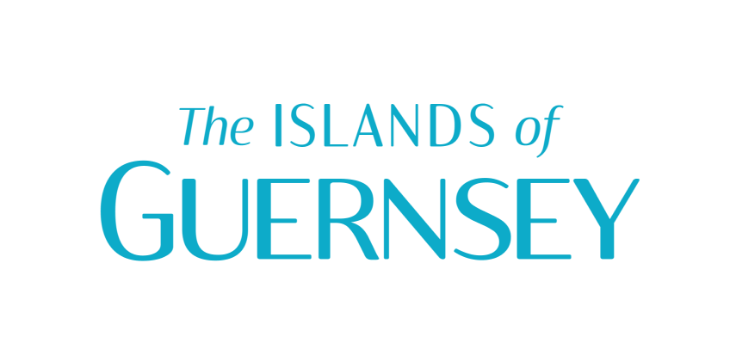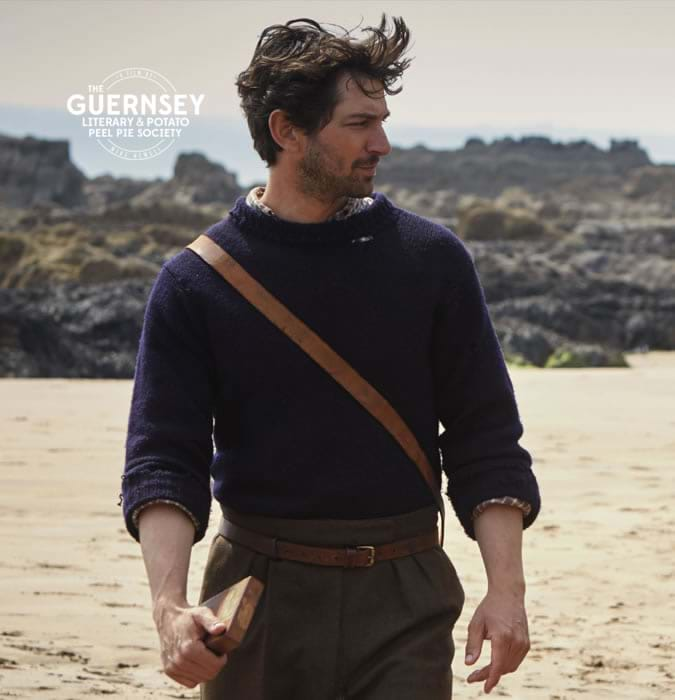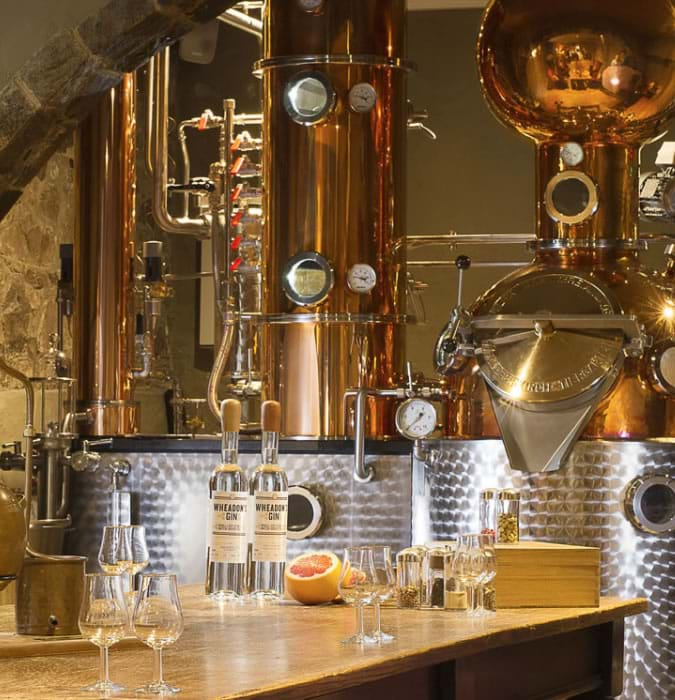

Occupation
Much changed during the Occupation, starting with a shift to Central European time and curfews. Identity and ration cards were issued and a population census conducted to identify all those who remained. Unknown at the time, this information would be used to enforce unpalatable laws.

Living Through The Occupation
View Image Gallery
With radios forbidden, Islanders were cut off from Britain. Any information on the progress of the war was filtered and distorted by Nazi propaganda. Despite little communication with the outside world and a huge enemy population, there were still small acts of resistance. Minor acts, such as painting V signs over German swastikas, were frequent. Some Islanders sheltered escaped slave workers despite the severe cost if discovered.


Following D-Day, supplies to the Island dried up. By winter of 1944, Guernsey was on starvation rations, locals and Germans alike were at risk of starvation. The arrival of the Swedish ship SS Vega, chartered by the International Red Cross to bring in food and supplies, did much to alleviate the suffering of civilians.
- The History Behind the Film
- The SS Vega
- German Occupation
- Occupation Life
The Real Secret Society of the Occupation
While all the Guernsey Literary And Potato Peel Society hid from the Germans was a roasted pig, there were many real groups on the island sneaking out past curfew and meeting at covert locations during the Occupation.
The Real Gin Makers of Guernsey
While alcohol was scarce during the war, today there is an abundance of locally produced alcohol and fine-drinking establishments to visit - whether you are a fan of craft beers or artisanal gin.